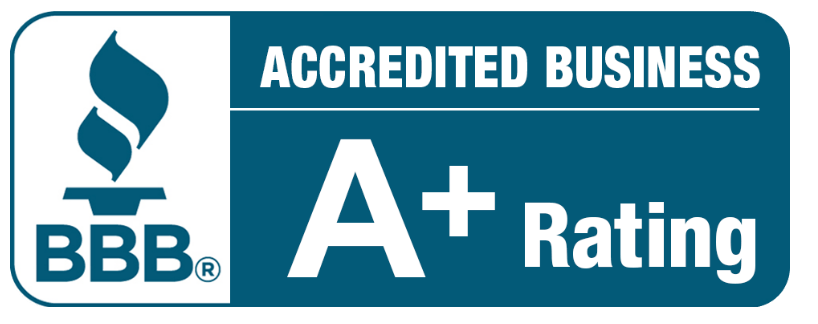In the ever-evolving field of building construction, insulation emerges as a cornerstone for achieving energy efficiency and maintaining a comfortable indoor climate.
This guide helps us understand the various types of insulation materials, highlighting their unique properties and applications.
What is Insulation?
Insulation is a fundamental element in the construction and design of buildings, serving a critical role in moderating internal temperatures and enhancing energy efficiency.
At its core, insulation is engineered to significantly impede the transfer of heat between the inside of a building and the external environment. This capability is not just a matter of comfort but is also integral to creating sustainable and energy-efficient living and working spaces.
In regions experiencing extreme temperatures, either hot or cold, insulation becomes an indispensable feature in maintaining a stable and comfortable indoor climate. It acts as a barrier, preventing the escape of warmth during the winter months, thereby reducing the reliance on heating systems.
Conversely, in the summer, insulation helps keep the interior cool by reflecting and resisting the influx of external heat, thereby lessening the need for air conditioning. This dual functionality of insulation is pivotal in achieving a balance between indoor comfort and energy consumption.
The efficacy of insulation is rooted in its ability to address the three methods of heat transfer:
- Conduction
- Convection, and
- Radiation
Conduction is the process through which heat moves through materials, while convection pertains to heat transfer via air movement. Radiation, on the other hand, involves the transfer of heat through electromagnetic waves.
Effective insulation materials are designed to tackle all three, thereby providing a comprehensive solution to heat transfer challenges.
Detailed Look at Insulation Materials
Let’s take a look at the most commonly used insulation today.
Fiberglass Insulation
Fiberglass insulation, crafted from fine glass fibers, stands out in the insulation industry for its non-flammable nature and effectiveness in trapping air. This makes it a stellar choice for thermal regulation in buildings.
Its structure, composed of intertwined glass fibers forming tiny air pockets, is key to its insulating efficiency—slowing down heat transfer and contributing to energy savings.
This affordability, coupled with its versatility, has popularized its use in walls, attics, and floors across residential and commercial constructions.
Despite its many benefits, safety during installation is paramount due to the potential irritation caused by glass particles, necessitating protective gear.
Mineral Wool
Mineral wool insulation, an umbrella term encompassing both rock wool and slag wool, is a highly versatile and efficient insulating material, derived from natural and recycled materials.
This unique composition gives it a robust structure and inherent qualities like exceptional fire resistance and superior sound absorption capabilities, making it an ideal choice for applications requiring fire safety and acoustic control.
The dense, fibrous structure of mineral wool not only impedes the flow of heat but also effectively reduces the transmission of sound. It enhances the acoustic comfort in residential and commercial buildings.
Cellulose Insulation
Cellulose insulation, primarily crafted from recycled paper products like newspapers and cardboard, stands out in the insulation industry for its commendable environmental profile and efficacy in thermal and acoustic insulation.
The dense, fibrous nature of cellulose allows it to conform snugly to odd-shaped spaces and obstructions, providing a more airtight seal than many other insulating materials. This is crucial in minimizing air infiltration and heat loss.
Its excellent thermal properties are attributed to the air trapped within the cellulose fibers, which reduces heat flow. On the other hand, its sound dampening qualities are ideal for creating quieter indoor environments.
Foam Insulation
Foam insulation, encompassing materials such as polystyrene, polyisocyanurate (often abbreviated as polyiso), and polyurethane, represents a significant advancement in building insulation technology.
These synthetic materials are known for their expansive properties, allowing them to seamlessly fill in gaps, cracks, and cavities in building structures.
This characteristic is particularly useful in creating airtight seals, enhancing the overall energy efficiency of a building.
In addition to their thermal insulation properties, these foam materials are also noted for their moisture resistance, which helps in preventing issues like mold growth and structural damage due to dampness.
Natural Fiber Insulation
Natural fiber insulation, utilizing materials like cotton, wool, hemp, and other plant or animal-based fibers, presents an increasingly popular eco-friendly alternative in the world of insulation.
These natural materials are celebrated for their biodegradability, a stark contrast to many synthetic insulation options, making them a favorite among those seeking sustainable building solutions.
The environmental appeal of natural fiber insulation is further enhanced by its typically lower manufacturing carbon footprint.
Looking for expert insulation solutions in Houston?
A Affordable Insulators is here to guide you through the maze of options to find the perfect fit for your home or project.
As seasoned insulation contractors, we pride ourselves on delivering top-notch, cost-effective insulation services tailored to the unique climate and needs of Houston homes and businesses.
Don’t let inefficient insulation keep you from enjoying a comfortable and energy-efficient space. Reach out to A Affordable Insulators today, and let our team of dedicated professionals help you unlock the full potential of your property with the best insulation solutions on the market. Contact us now to schedule a consultation and take the first step towards a more comfortable, energy-efficient future!






